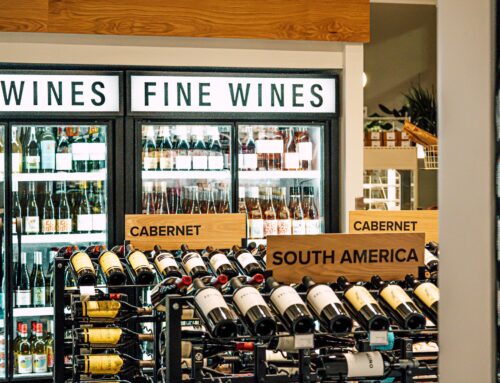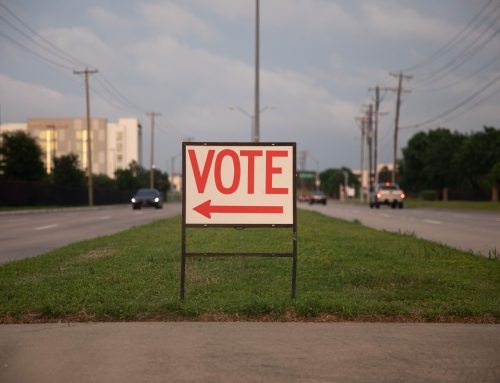I traveled to Boston recently and, as it was my first time to visit, did what many other tourists do — followed the Freedom Trail. At one particular stop, our guide, a Harvard grad who told us she much preferred this history/acting gig to any job her master’s degree in marketing might garner, pointed out a brick building near the site of the Old South Meeting House, where the Boston Tea Party began.
The corner building houses a Chipotle Mexican Grill, which doesn’t distinguish it too much from the other historical brick buildings on this historic square filled mostly with chains and modern-day businesses. Our guide pointed out the Chipotle, however, because this building has a more significant history than some of the others. It was once the Old Corner Bookstore, whose heyday in the mid-1800s was as the headquarters of Ticknor & Fields, the publisher of the first editions of “The Scarlet Letter,’’ “Uncle Tom’s Cabin’’ and “Walden,’’ among others. This made it a gathering place of authors such as Henry Wadsworth Longfellow, Ralph Waldo Emerson, Charles Dickens, Harriet Beecher Stowe and Nathaniel Hawthorne.
As our guide lamented the current use of a building so rich with literary history, I couldn’t help but think of the Chipotle now under construction in Lakewood, which at least one Advocate reader blames for “turning this once cool, eclectic neighborhood into a Plano. … what next? A Baby Gap around the corner?” Another believes that “the North Dallas-ification of Abrams/Gaston detracts considerably from the old Lakewood feel.”
This isn’t every neighbor’s sentiment; others responded to our confirmation of Chipotle and announcement of its groundbreaking with cheers. But from the protestors, the overall sense was that Chipotle takes away from the “old Lakewood feel” or the “neighborhood character.” Advocate contributing editor Jeff Siegel even devoted his September column to the question of whether this new Chipotle could be considered local, and why that matters to us.
Mustang Auto was on the under-construction Chipotle site until it was demolished in early 2007 to make way for 4,000 square feet of retail. That plan stalled during the recession; the only development was a brokerage sign that popped up on the property in 2009, and then the latest news from earlier this year that a national chain was developing the land. So nearly seven years after Mustang Auto disappeared, a Chipotle will take its place.
Was Mustang Auto more “local” than Chipotle will be? Of course. Would it be a better fit for “neighborhood character” than a Chipotle? That depends on how you define Lakewood’s character, and I’ll leave that answer to a potential comment debate.
In Boston, however, I couldn’t help but think that while we are busy debating whether this new Lakewood Chipotle is something to lament, most people would agree that the one near the Old South Meeting House is worth complaining about. It should make us feel better (or worse?) then to know that the building was saved from demolition in 1960 as a preservation project of Historic Boston, which also made the more recent decision to lease it to Chipotle. Historic Boston uses the leasing proceeds from that building and others “to preserve other culturally significant structures across the city,” and the organization’s mission is “not to freeze historic buildings in time but to allow for their continued public use while commemorating the past.”
In other words, even an organization committed to preserving history felt like a leasing contract with an established chain like Chipotle was worth forgoing a building’s historical heritage.






